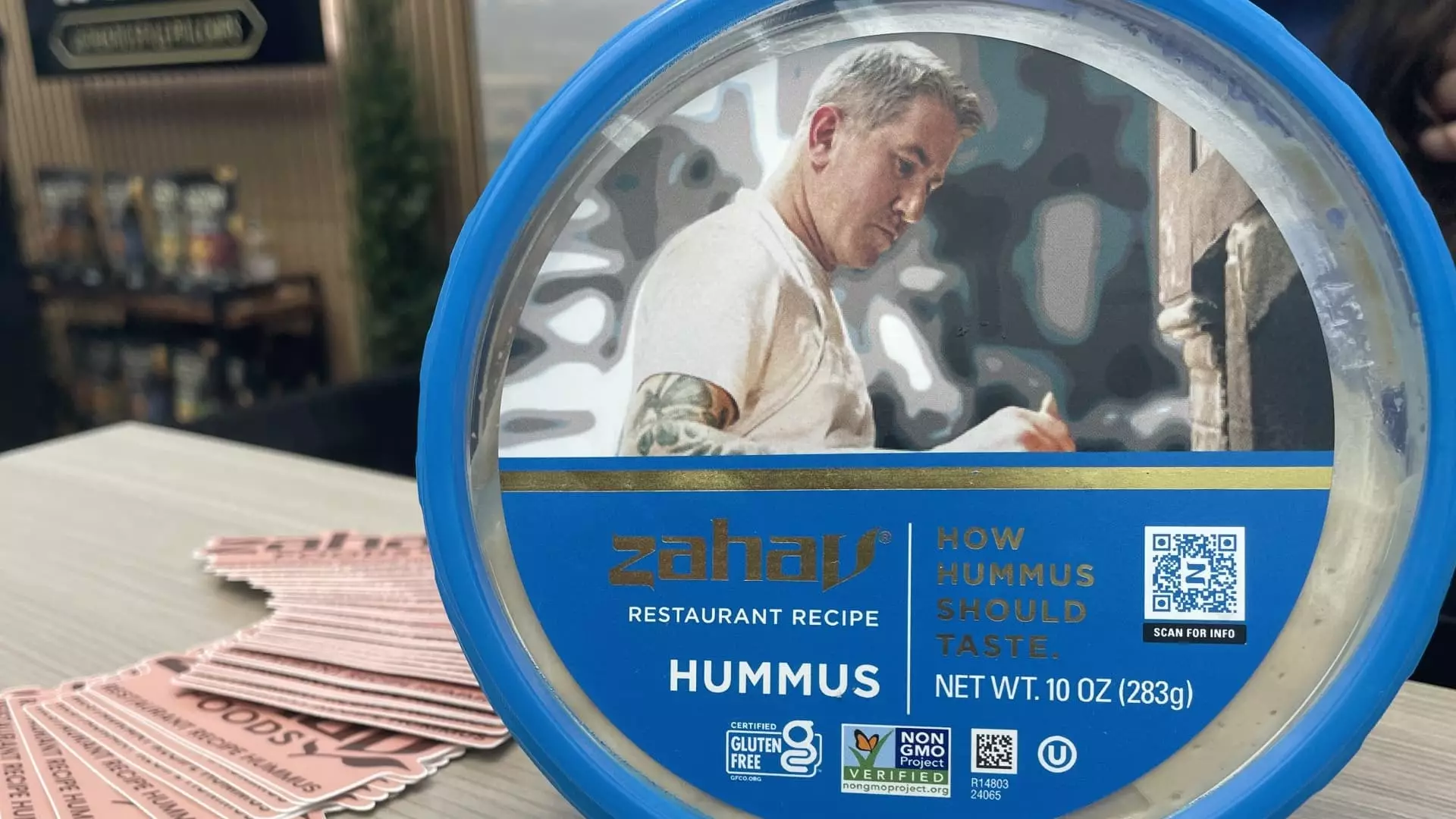In an age obsessed with novelty, the culinary scene often dangles shiny new trends that seem poised to redefine our plates. Yet, upon closer examination, many of these so-called innovations are merely superficial reinventions, rooted more in marketing gimmicks than genuine progress. The recent Summer Fancy Food Show exemplifies this phenomenon, showcasing a landscape overwhelmed with trends that are either fleeting or strategically crafted to exploit consumer desire for uniqueness. This spectacle of “upgraded” condiments and exotic ingredients reveals a troubling tendency: a tendency to chase buzzwords at the expense of authenticity and long-term value.
Many products presented as groundbreaking—like the infusion of harissa flavor in olive oil or the attempts to elevate mustard with whole seeds and fermentation—are limited in their impact. They pander to current social media-driven aesthetics but seldom possess the robustness or tradition to sustain their relevance. A closer look suggests that, instead of fostering true culinary innovation, the industry capitalizes on fleeting fads. The idea that infusions or alcohol-aged oils revolutionize fundamental cooking or enhance health is often overhyped. In reality, many of these “trends” are passing whims that serve corporate agendas more than consumer needs.
The Myth of Authenticity and Its Exploitation
The so-called “trendspotting” at these shows reveals an industry eager to market the exotic, often without regard for genuine cultural roots or nutritional value. Dubai chocolates stuffed with kadayif and pistachios might seem glamorous, but their moment in the spotlight is likely to fade as quickly as it appeared—in part because the hype around TikTok trends encourages short-lived obsessions rather than sustainable flavor profiles.
Similarly, the surge of plant-based products, pushed as healthier or more sustainable alternatives, masks a more complex reality. Many of these products are now struggling to find their footing, not because consumers dislike them, but because the narrative around “vegan” or “vegetarian” has become co-opted into a marketing gambit. Companies highlight taste and culinary appeal over ideological purity, which, while pragmatic, inevitably dilutes the authenticity that once drew consumers to plant-based diets.
The same can be said about the proliferation of “premium” condiments—mustards that claim to be the “caviar” of their category, or hot honey collaborations that push the snack food envelope. These are less about culinary innovation and more about creating a sense of exclusivity and novelty for a market hungry for status symbols. It’s a sobering reflection of how the food industry has shifted from honest craftsmanship to calculated branding.
Questioning the Sustainability of Food Fads
Another troubling aspect of the current trend landscape is the superficial embracing of various ingredients hoping for longevity. Take beef tallow: a product championed under the banner of “feeding American heritage” or “making food healthy again.” However, nutritionists heavily dispute such claims, as animal fats are linked to health risks when consumed in excess. The promotion of beef tallow, especially by political figures, underscores an alarming pattern: leveraging nostalgia or national pride to mask questionable health implications.
This pattern extends to sauces, dips, and condiments that are heavily marketed for their flavor infusions or artisanal qualities—yet often fail to deliver on the promise of healthfulness or culinary authenticity. The obsession with “swicy” (a lovechild of sweet and spicy), for example, is marketed as the next big flavor trend, but it’s essentially a candy-heat mashup rooted more in Instagram appealing color schemes than in flavor depth or culinary substance. It’s a symptom of a broader health and wellness industry that, instead of promoting genuine balance or moderation, encourages sensationalism and overindulgence.
The same applies to the embrace of artisanal branding for products that, at core, remain simplistically processed foods—hot honey served with a side of hype, or cabbage relishes labeled as innovative μεταΧι variations. Genuine sustainability and healthfulness should be about thoughtful ingredients, not buzzwords or flash-in-the-pan trends designed to catch consumer attention temporarily.
The Dangerous Illusion of Progress
This relentless chase for the next big thing creates a precarious paradox: consumers are told they’re discovering culinary progress, yet they’re mostly subjected to marketing-driven fads dressed up as breakthroughs. The industry’s obsession with novelty often undermines the pursuit of truly meaningful or healthful eating practices. Long-term trends like clean eating, minimal processing, or traditional preparation methods are sidelined in favor of quick hits, transient flavors, and superficial exoticism.
What this means is that, behind the spectacle of booths showcasing infused oils or reimagined mustards, there’s an underlying insincerity. This is an industry that values profit and trendiness over the integrity of food traditions or genuine innovation. The more we indulge in these fleeting gimmicks, the more distant we become from nourishing, wholesome, and culturally rooted cooking.
In the end, the phenomenon at events like the Summer Fancy Food Show exposes a superficial obsession with “the new” that often obscures the importance of time-tested culinary values. Progress, in the true sense, requires a commitment to authenticity, sustainability, and quality—qualities that are increasingly sacrificed on the altar of fleeting trends and marketing hype. If we continue to fall for the shiny allure of these food fads, we risk missing out on real progress that could elevate our diets and our cultural appreciation for genuine cuisine.

